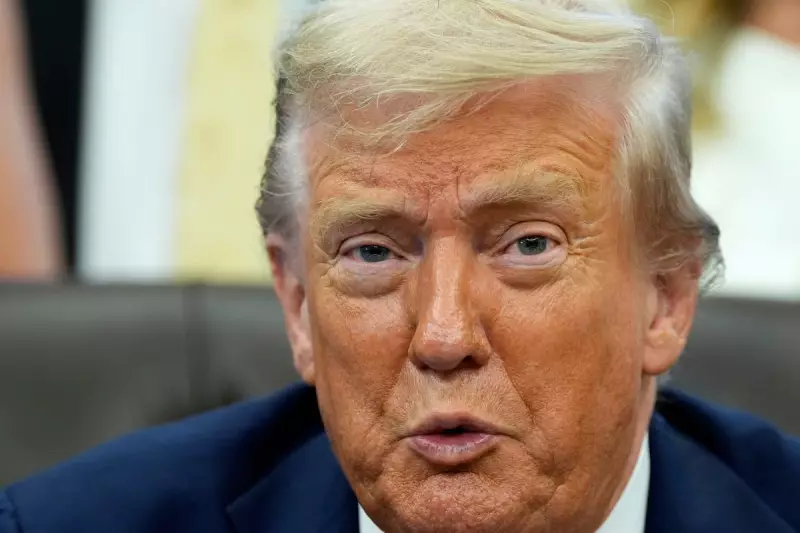
In a legal manoeuvre with far-reaching consequences, former US President Donald Trump has launched a formidable challenge against the US Justice Department. His legal team has petitioned a federal court in Maryland to grant him comprehensive immunity from a civil lawsuit brought by journalists and Democratic lawmakers.
The plaintiffs allege they were targeted by Trump's efforts to unmask the source of leaks related to the investigation into Russian interference in the 2016 election. They claim this constituted an unlawful retaliation against their First Amendment rights.
The Core of Trump's Defence
At the heart of the motion, filed by a powerhouse legal team including former US Solicitor General Paul Clement, is the argument that a president must be immune from civil lawsuits for actions taken within the "outer perimeter" of their official duties. The filing contends that efforts to manage intelligence and control classified information fall squarely within this remit.
The defence draws a direct line from a 1982 Supreme Court precedent, Nixon v. Fitzgerald, which granted absolute civil immunity to presidents for acts within their official responsibilities. Trump's lawyers assert that his conduct was a legitimate exercise of presidential power, not a personal vendetta.
A High-Stakes Legal Battle
This Maryland case represents a critical front in Trump's broader legal strategy to shield himself from a multitude of investigations and lawsuits. A ruling in his favour would not only dismiss this specific case but could also set a powerful precedent, potentially insulating him and future presidents from similar civil actions.
Legal experts are closely watching the outcome, as it could redefine the boundaries of presidential accountability and the ability of private citizens to seek redress for alleged harms caused by a sitting president's actions.
The Justice Department now faces a pivotal decision: whether to continue defending Trump's position, as it did when he was in office, or to step aside and allow the courts to rule on the merits of the immunity claim without the federal government's backing. The department's choice will significantly influence the trajectory of this landmark constitutional clash.





